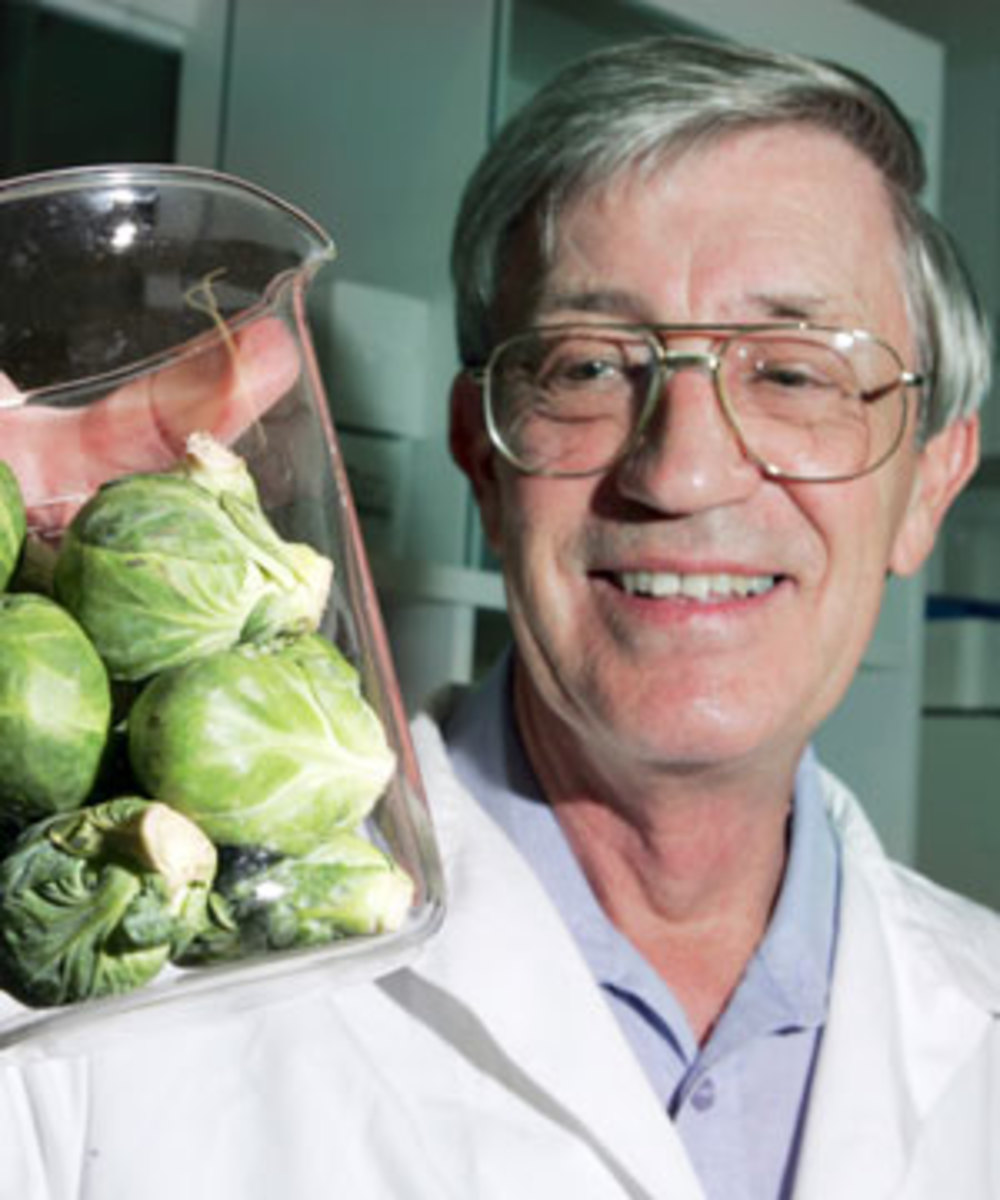Alzheimer’s disease is a type of dementia that causes problems with memory, thinking, and behavior. It is classified as the most common form of dementia, a general term for memory loss and other intellectual dysfunctions. In general, dementia interferes with daily tasks and affect one’s routine, lifestyle and even relationships. Accounting for 60 to 80 percent of dementia cases, Alzheimer’s disease has become an epidemic that has a significant impact mostly among senior citizens aged 60 and above.
 The disease is the only one among the top 10 causes of death in the US that cannot be prevented, cured or even slowed down. As such, there is a need for some scientific studies to verify and prove possible procedures that can aid in the treatment of the said disease.
The disease is the only one among the top 10 causes of death in the US that cannot be prevented, cured or even slowed down. As such, there is a need for some scientific studies to verify and prove possible procedures that can aid in the treatment of the said disease.
The disease is the only one among the top 10 causes of death in the US that cannot be prevented, cured or even slowed down.
 Good News: Nutrient-Rich Green Veggie Can Combat Dementia.
Good News: Nutrient-Rich Green Veggie Can Combat Dementia.
 A new hope sprouted among medical practitioners, health experts, and patients together with their loved ones. The findings of a recent research show that Brussels sprouts could hold the key to creating a drug to treat Alzheimer’s disease. This ‘festive food’ contains a nutrient that helps fight neurological disorders, including dementia.
A new hope sprouted among medical practitioners, health experts, and patients together with their loved ones. The findings of a recent research show that Brussels sprouts could hold the key to creating a drug to treat Alzheimer’s disease. This ‘festive food’ contains a nutrient that helps fight neurological disorders, including dementia.
Once ingested, vitamin A is then converted into a supercharged retinoic acid which interacts with receptors and plays a vital role in the central nervous system. This vitamin is essential for proper sight, brain function, and embryo development.
Professor Peter McCaffery from Aberdeen University led the research team to possibly create a treatment pill for Alzheimer’s disease.
Other scientists are also working on drugs that target different receptors in the brain. Nonetheless, Prof. McCaffery’s team is set to perform other relative tests in Durham University over the next two years. Every research team that aims to treat this neurological disorder or at least slow down the symptoms, categorically hopes that high doses of scientifically proven ‘superfoods’ could stimulate brain cell growth and repair damage from the diseases.
 Essential Nutrients in Brussels Sprouts
Essential Nutrients in Brussels Sprouts
Low in calories but very high in nutrients, these green leafy sprouts are also good sources of:
- Protein.
- Vitamins C, K, A, and B-6.
- Potassium.
- Folate.
- Manganese.
The vegetable has many advantages such as:
- Decreases the risk of obesity.
- Cuts down the chance of getting diabetes.
- Minimizes the risk of heart disease.
- Reduces overall mortality.
- Promotes healthy complexion.
- Increases energy.
Brussels sprout has continuously proven its effectiveness and potency in preventing other diseases, including the most recent, dementia.
 We all know that eating leafy greens can do wonders to our overall health and wellness. Therefore, your dinner plates should have Brussels sprouts. Ensure that you consume these edible and nutritious buds just as much as you want and most importantly, need.
We all know that eating leafy greens can do wonders to our overall health and wellness. Therefore, your dinner plates should have Brussels sprouts. Ensure that you consume these edible and nutritious buds just as much as you want and most importantly, need.
 Facts and Statistics about Alzheimer’s Disease
Facts and Statistics about Alzheimer’s Disease

The infographic clearly shows the major things you need to know about the effects of the epidemic. Imagine someone’s getting the disease for just 66 seconds – that could really be very alarming.
Since its prevalence has been rapidly increasing every year, the government and other private institutions are working hand-in-hand to initiate a campaign for its prevention. They also aim to conduct a rigid research for possible treatments and implementation of awareness programs.
And according to Alzheimer’s Association, it is anticipated that the number of people aged 65 and older with Alzheimer’s disease may nearly triple by 2050. Currently, 5.2 million people have the disease.




